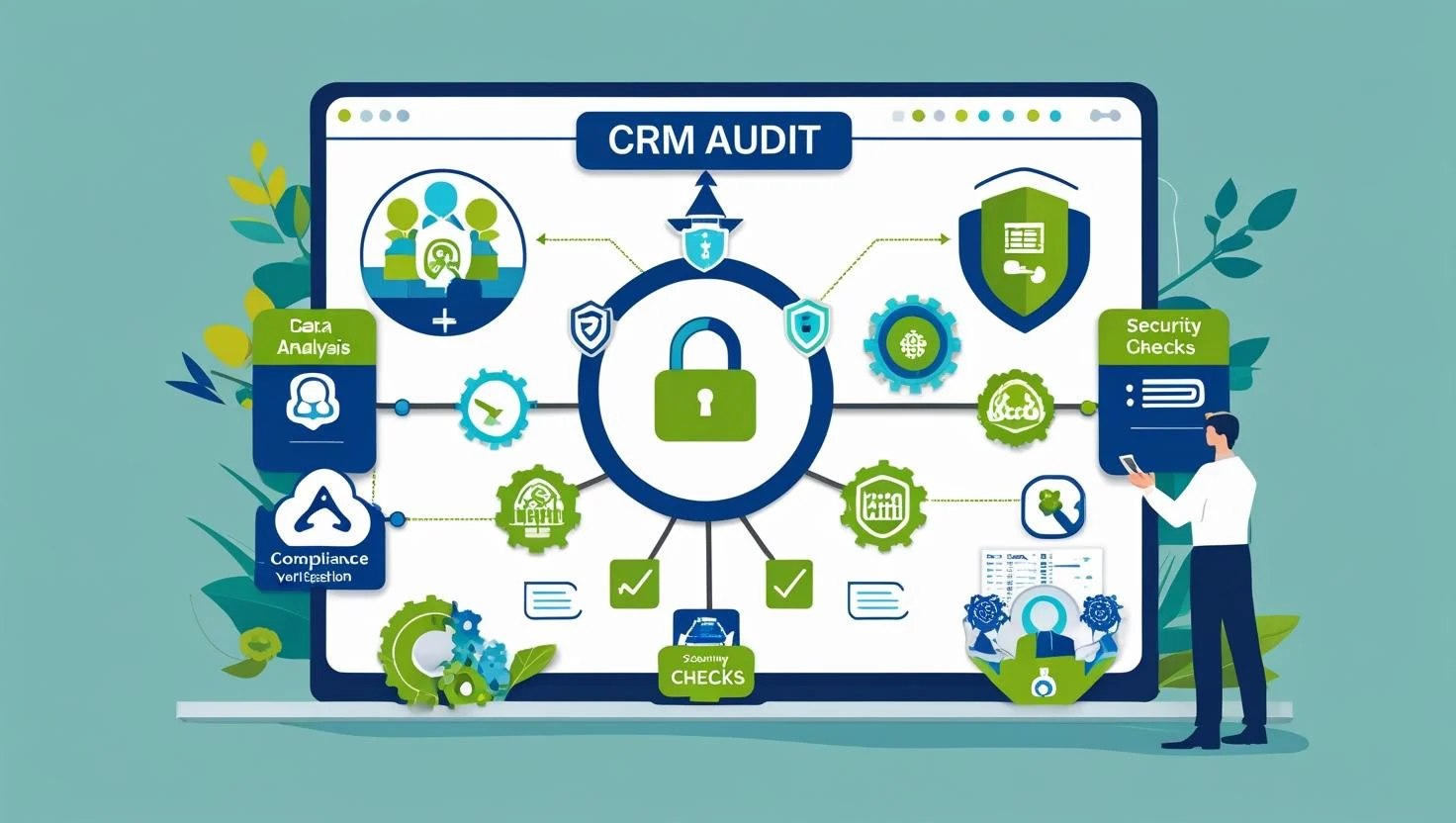
In today’s data-driven business environment, a well-functioning Customer Relationship Management (CRM) system is essential. However, many companies use their CRM ineffectively leading to wasted resources, inaccurate customer data, and lost opportunities. That’s where a audit becomes invaluable.
At vamatters.com, we specialize in optimizing systems and workflows for busy entrepreneurs and small businesses. We’ll walk you through how to perform a CRM audit, ensuring your CRM is aligned with your business goals, processes, and growth strategy.
A CRM audit is a systematic review of your CRM system to evaluate its performance, data quality, user adoption, process effectiveness, and overall alignment with your business goals.
Just like financial audits ensure your books are in order, a CRM audit ensures your customer relationship management tool is delivering the value it should.
Performing a CRM system audit helps you:
Whether you’re using GHL, Salesforce, HubSpot, Zoho, or Microsoft Dynamics, every CRM system can benefit from a regular performance audit.
Before we dive into the audit process, here are a few signs your CRM might need immediate attention:
If any of these ring true, it’s time for a CRM health check.
Start with clear goals. Ask yourself:
Having defined objectives will shape every step of your CRM evaluation.
Data is the foundation of any CRM system. Conduct a CRM data audit focusing on:
Tip from VA Matters: Use built-in tools or third-party apps to clean and standardize data efficiently.
Your CRM is only as effective as the people using it. During your audit, evaluate:
Consider using CRM reports or surveys to get honest feedback from your team. Low user adoption often signals poor training, complex workflows, or a misaligned system.
Assess whether your CRM supports your core processes:
Is each step of the customer journey clearly mapped out in your CRM? If not, it’s time to optimize your workflows.
VA Matters Pro Tip: Use workflow automation features to reduce manual data entry and speed up response times.
A modern CRM should not operate in isolation. During the audit, check integrations with:
Also, evaluate how well your CRM Automation supports follow-ups, email campaigns, and reminders. A strong CRM integration audit can identify redundant tools and streamline your tech stack.
Your CRM reporting should give you insights into sales performance, customer behavior, and team productivity.
During the audit, review:
If reports don’t support decision-making, rework them to align with your business intelligence needs.
Compliance isn’t optional especially with global data regulations like GDPR or CCPA. Your CRM compliance audit should ensure:
At VA Matters, we always prioritize data governance as part of our CRM audit checklist.
Here’s a simplified version of a audit checklist to guide you:
Audit Area | Questions to Ask |
Data Quality | Are there duplicates or outdated records? |
User Adoption | Who is using the system, and how often? |
Workflow Effectiveness | Are key processes clearly mapped and automated? |
Integration Health | Is the CRM connected to essential tools? |
Automation | Are routine tasks automated effectively? |
Reporting | Are dashboards meaningful and actionable? |
Compliance | Are we meeting GDPR or CCPA standards? |
Once the CRM performance audit is complete, it’s time to:
At VA Matters, we help business owners get the most out of their tools and teams. Whether you’re struggling with a clunky CRM, poor data quality, or just want a second pair of eyes our virtual assistants can run a fullaudit, clean up your system, and even train your staff to use it more effectively.
Stop letting your CRM slow you down. Let’s turn it into your growth engine.
Contact VA Matters Today
A audit isn’t just a technical exercise it’s a strategic business move. By reviewing your data, systems, and processes, you can transform your CRM from a dusty database into a powerful tool that drives revenue, enhances customer relationships, and scales with your business.
Perform your CRM audit today or let VA Matters do it for you